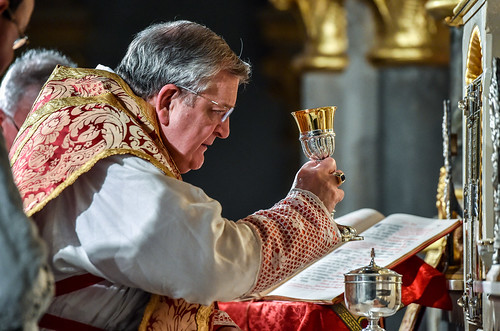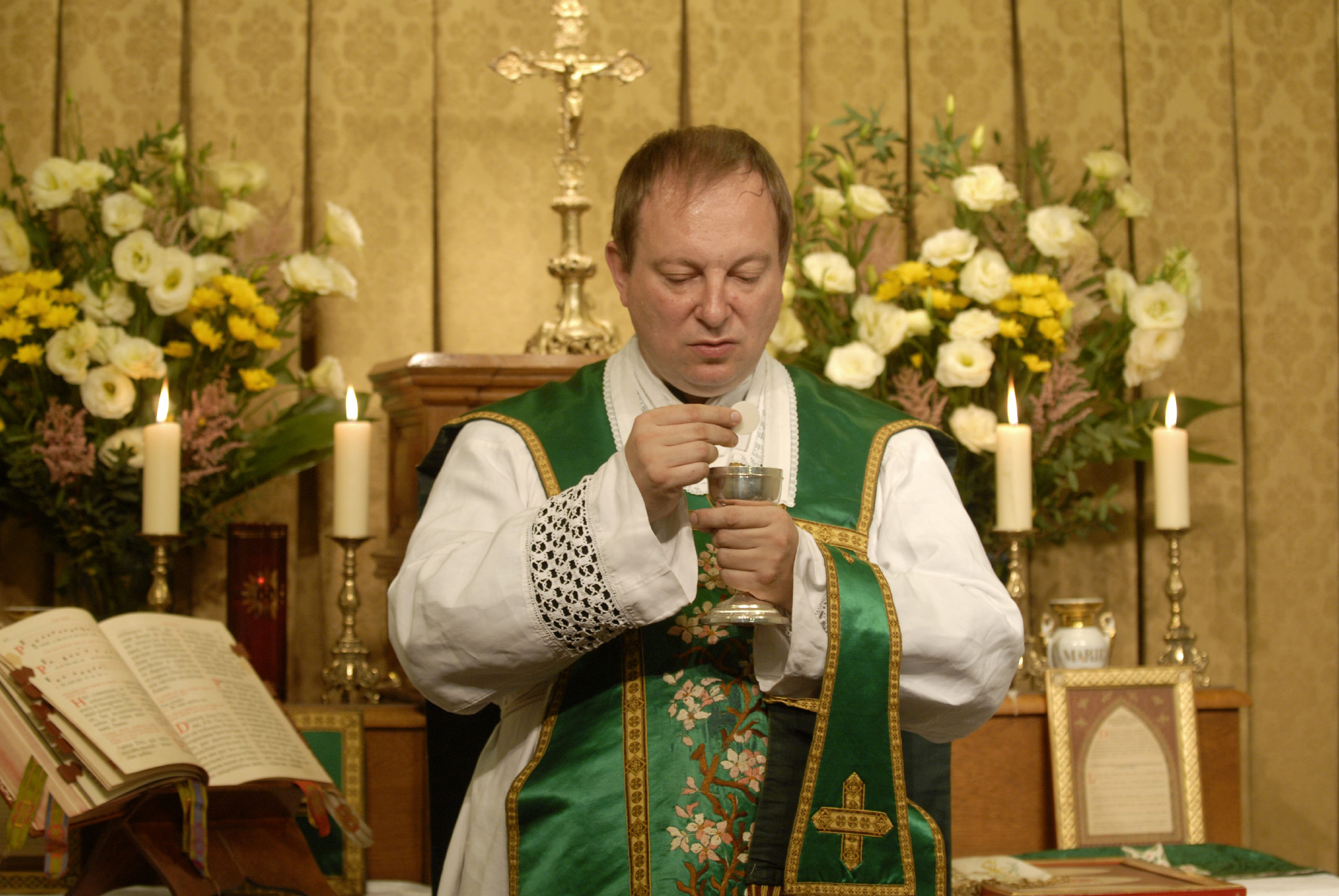Rorate is pleased to share the English version of an article by an important Italian writer, first published at Aldo Maria Valli’s site Duc in altum and then published in English by Robert Moynihan; reproduced here with permission.—PAK
Note by Aldo Maria Valli: “Dear friends of Duc in altum, Massimo Viglione has written this article after the publication of Traditionis Custodes. It is one of the most complete and lucid analyses that we have read commenting on the papal provision against the Mass of the Ages. In addition to a comprehensive analysis (in which the liturgical problem is joined to that of the imposition of the New World Order), I would like to draw your attention to his reflection on the question of obedience.”
 |
| Mariotto Albertinelli, The Sacrifice of Cain and Abel |
“They Will Throw You out of the Synagogues” (Jn 16:2):
The Hermeneutic of Cain’s Envy against Abel
by Massimo Viglione
(Published at Duc in altum, July 21, 2021)
There have been many comments, one after the other, in these days following the official declaration of war—a war made by Francis himself—of the ecclesiastical hierarchy against the Holy Mass of the Ages. And more than one comment has revealed the not-at-all concealed contempt and the simultaneous absolute clarity of content and form that marks the motu proprio Traditionis Custodes, written in a style and formality that is political more than theological or spiritual. It is, in effect, a declaration of war.
It is noteworthy that there is a formal difference and also a difference in tone found in the various documents with which Paul VI, beginning in 1964, announced, planned, and implemented his liturgical reform, which was finally made official with the Apostolic Constitution Missale Romanum issued on 3 April 1969, by which the ancient Roman Rite was de facto replaced (this is the most appropriate term both from the point of view of intentions as well as facts) with the new vulgar Rite. In the Montinian documents we find, on several occasions, hypocritical but evident pain, regret, and remorse, and paradoxically the beauty and sacredness of the ancient Rite are celebrated. In short, it is as if Montini had said: “Dear Rite of all time, I am sending you away, but you were so beautiful!” In contrast, in the Bergoglian document, as many have noted, sarcasm and hatred for the ancient Rite shine through. A hatred such that it cannot be contained.
Naturally, Francis is not the initiator of this war, which was begun by the modernist liturgical movement (or, if you like, with Protestantism), but rather, on the official and operative level, it was Paul VI himself. Bergoglio has only—to use the strong and popular metaphor—“shot madly” in an effort to kill once and for all a mortally wounded thing that in the course of the post-conciliar decades not only did not die but returned to life, dragging along with it, with an exponential crescendo in the last fourteen years, an incalculable number of faithful all over the world.
And this is the crux of the whole matter.




























